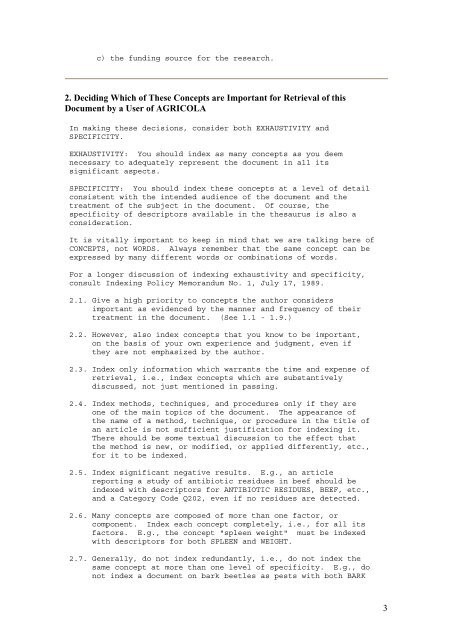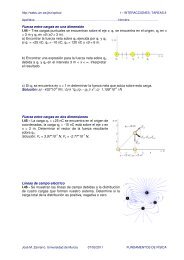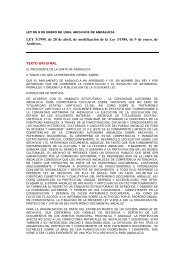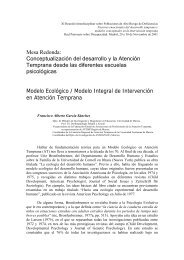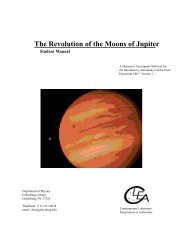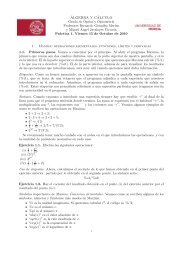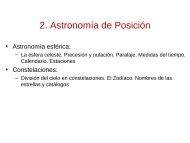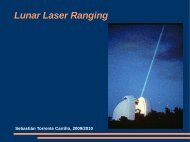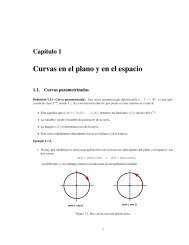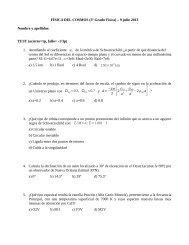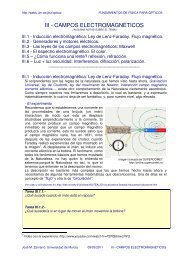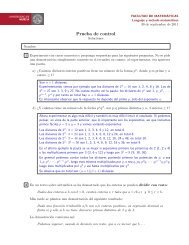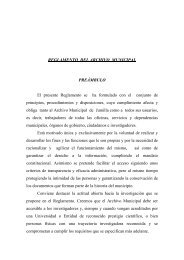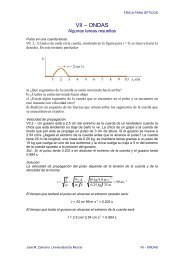AGRICOLA -- Guide to Subject Indexing
AGRICOLA -- Guide to Subject Indexing
AGRICOLA -- Guide to Subject Indexing
Create successful ePaper yourself
Turn your PDF publications into a flip-book with our unique Google optimized e-Paper software.
c) the funding source for the research.2. Deciding Which of These Concepts are Important for Retrieval of thisDocument by a User of <strong>AGRICOLA</strong>In making these decisions, consider both EXHAUSTIVITY andSPECIFICITY.EXHAUSTIVITY: You should index as many concepts as you deemnecessary <strong>to</strong> adequately represent the document in all itssignificant aspects.SPECIFICITY: You should index these concepts at a level of detailconsistent with the intended audience of the document and thetreatment of the subject in the document. Of course, thespecificity of descrip<strong>to</strong>rs available in the thesaurus is also aconsideration.It is vitally important <strong>to</strong> keep in mind that we are talking here ofCONCEPTS, not WORDS. Always remember that the same concept can beexpressed by many different words or combinations of words.For a longer discussion of indexing exhaustivity and specificity,consult <strong>Indexing</strong> Policy Memorandum No. 1, July 17, 1989.2.1. Give a high priority <strong>to</strong> concepts the author considersimportant as evidenced by the manner and frequency of theirtreatment in the document. (See 1.1 - 1.9.)2.2. However, also index concepts that you know <strong>to</strong> be important,on the basis of your own experience and judgment, even ifthey are not emphasized by the author.2.3. Index only information which warrants the time and expense ofretrieval, i.e., index concepts which are substantivelydiscussed, not just mentioned in passing.2.4. Index methods, techniques, and procedures only if they areone of the main <strong>to</strong>pics of the document. The appearance ofthe name of a method, technique, or procedure in the title ofan article is not sufficient justification for indexing it.There should be some textual discussion <strong>to</strong> the effect thatthe method is new, or modified, or applied differently, etc.,for it <strong>to</strong> be indexed.2.5. Index significant negative results. E.g., an articlereporting a study of antibiotic residues in beef should beindexed with descrip<strong>to</strong>rs for ANTIBIOTIC RESIDUES, BEEF, etc.,and a Category Code Q202, even if no residues are detected.2.6. Many concepts are composed of more than one fac<strong>to</strong>r, orcomponent. Index each concept completely, i.e., for all itsfac<strong>to</strong>rs. E.g., the concept "spleen weight" must be indexedwith descrip<strong>to</strong>rs for both SPLEEN and WEIGHT.2.7. Generally, do not index redundantly, i.e., do not index thesame concept at more than one level of specificity. E.g., donot index a document on bark beetles as pests with both BARK3


